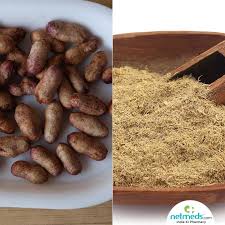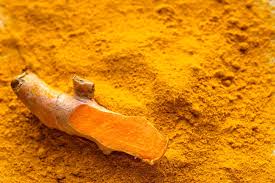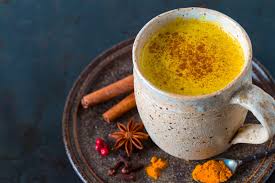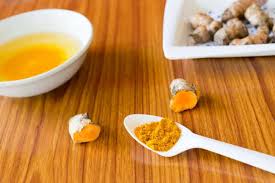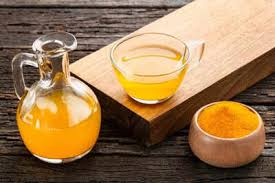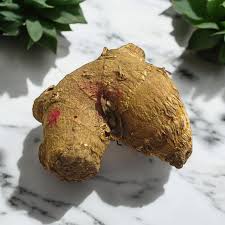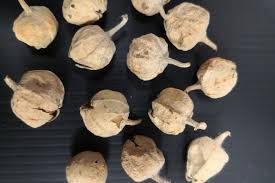
Role of Paneer Dodi in Herbalism Worldwide
Paneer Dodi, a traditional dairy-based preparation, has long been recognized for its nutritional and therapeutic properties in herbal and natural medicine systems worldwide. Beyond its use in Indian Ayurveda, Paneer Dodi has found a place in various herbalism practices for its rich protein content, mineral composition, and versatile applications. Its ability to combine with herbs and natural ingredients makes it an effective medium for delivering medicinal benefits. This article explores the role of Paneer Dodi in herbalism globally, highlighting its uses, benefits, and integration into traditional and contemporary wellness practices.
Long Description:
- What is Paneer Dodi?
- Paneer Dodi is a curd-based or cheese-like preparation used in herbal remedies and Ayurvedic medicine.
- It is made by curdling milk with natural acids such as lemon juice or yogurt, followed by gentle pressing to form soft, nutrient-dense curds.
- Its texture and mild taste make it ideal for mixing with herbs, spices, and natural extracts for therapeutic applications.
- Nutritional and Medicinal Value:
- High in protein, which supports muscle repair and overall body strength.
- Rich in calcium, phosphorus, and other minerals vital for bone and dental health.
- Contains vitamins such as B-complex, aiding metabolism and energy production.
- Probiotic qualities from fermented versions support gut health and immunity.
- Role in Traditional Indian Herbalism:
- In Ayurveda, Paneer Dodi is valued for its Sattvic qualities, promoting clarity of mind and balance in body tissues.
- Often combined with herbs like Ashwagandha, Shatavari, and Brahmi for rejuvenation and vitality.
- Used in therapeutic preparations for boosting immunity, improving digestion, and supporting tissue regeneration.
- Acts as a natural carrier for medicinal herbs, enhancing absorption and effectiveness.
- Global Applications in Herbalism:
- In Western herbal traditions, dairy-based carriers like Paneer Dodi are used to deliver fat-soluble herbal compounds.
- In traditional European herbalism, curd or soft cheese preparations are often combined with herbs to create nutrient-rich pastes and ointments.
- Paneer Dodi’s adaptability allows herbalists to incorporate it into nutritional therapies, tonics, and dietary supplements.
- Its mild taste and texture make it suitable for both medicinal and culinary use, enhancing compliance and enjoyment.
- Therapeutic Benefits:
- Supports Digestive Health: Gentle on the stomach, aiding in nutrient absorption and promoting gut balance.
- Enhances Immunity: Nutrient density and probiotic properties contribute to stronger natural defenses.
- Promotes Energy and Vitality: Rich in protein and minerals, providing sustained energy and improved resilience.
- Supports Bone and Muscle Health: Calcium and protein work synergistically to strengthen bones and maintain muscle mass.
- Skin and Hair Benefits: Nutrients and herbal infusions in Paneer Dodi preparations improve complexion, hair strength, and overall vitality.
- Preparation Methods for Herbalism:
- Basic Paneer Dodi: Fresh milk is curdled, drained, and lightly pressed to form soft curds.
- Herbal Infused Paneer Dodi: Curds are blended with powdered herbs or decoctions for therapeutic applications.
- Medicinal Pastes and Tonics: Paneer Dodi can be mixed with honey, ghee, or herbal syrups for enhanced health benefits.
- Topical Applications: Certain herbal Paneer Dodi preparations are used externally for skin health, inflammation, and rejuvenation.
- Incorporating Paneer Dodi into Daily Herbal Practices:
- Use as a carrier for herbal powders or extracts in meals or snacks.
- Blend with seasonal herbs to support immunity, digestion, or vitality.
- Prepare herbal tonics using Paneer Dodi for morning or evening wellness routines.
- Combine with nuts, seeds, and natural sweeteners to enhance nutrient intake and flavor.
- Modern Perspectives on Paneer Dodi in Herbalism:
- Recognized in contemporary herbal nutrition for its ability to deliver bioactive compounds efficiently.
- Used in integrative medicine approaches where traditional remedies are combined with modern nutritional science.
- Offers a cost-effective, natural, and versatile option for enhancing health through herbal preparations.
- Conclusion:
Paneer Dodi plays a significant role in herbalism worldwide due to its nutritional richness, versatility, and compatibility with various herbs. Its use in traditional Indian medicine, combined with global herbal practices, underscores its value as both a dietary and therapeutic component. By integrating Paneer Dodi into herbal preparations, individuals can leverage its protein, mineral, and vitamin content while enhancing the effectiveness of medicinal herbs. Whether consumed as a food, tonic, or medicinal paste, Paneer Dodi remains a valuable tool in natural wellness and herbalist practices across cultures.


